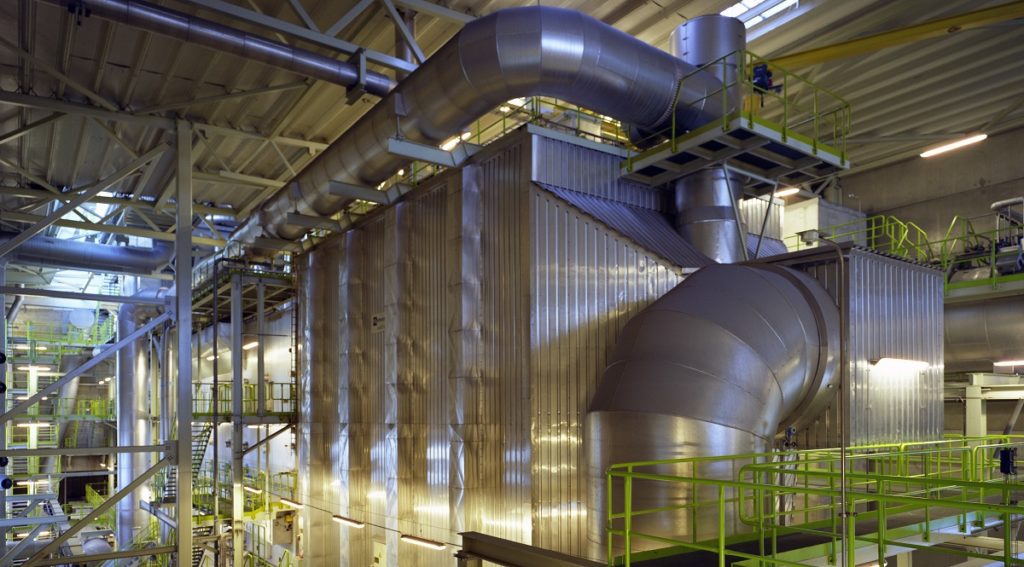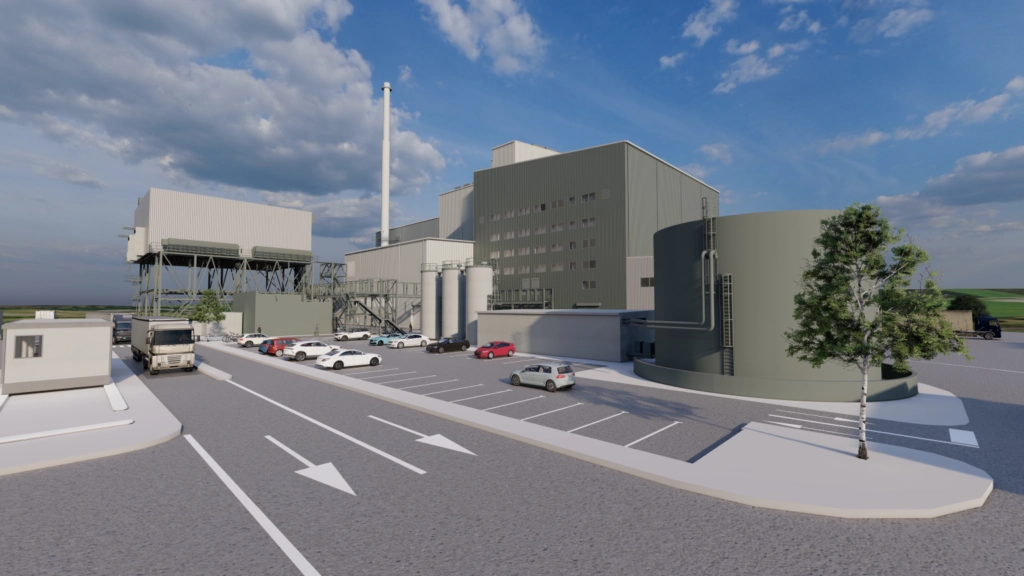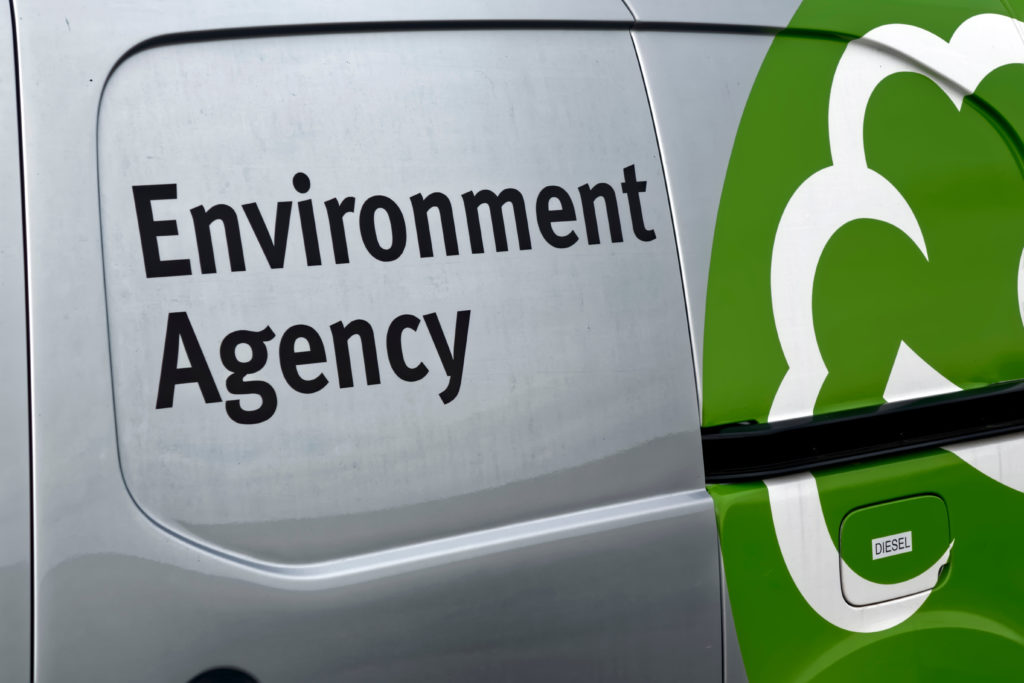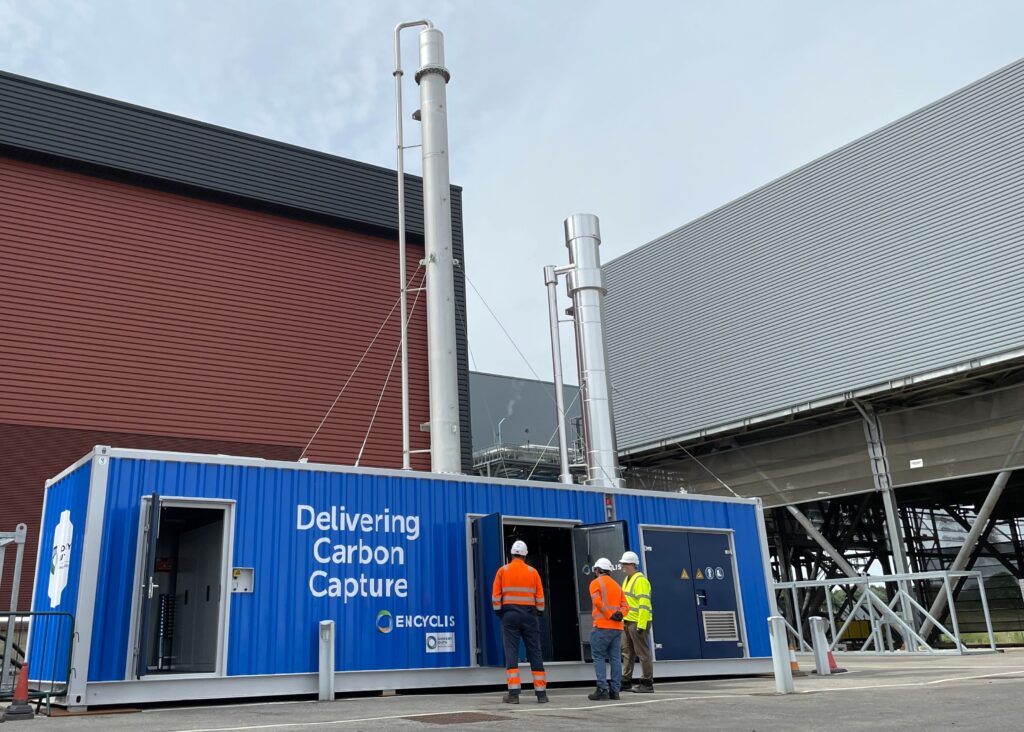The EU describes the emissions trading scheme (ETS) as a “world first” which will see set an absolute limit or ‘cap’ set on the total amount of greenhouse gases that can be emitted by those covered. Regulated entities then buy or receive emissions allowances, which they can trade with one another as needed.
The European Parliament will vote today on changes to the system, which could see EfW plants brought into scope. Should it do so, ESWET, the European Suppliers of Waste to Energy, claims EfW treatment would become more expensive, both for municipalities and those in the recycling industry who rely on the process to treat non-recyclable waste rejected from their facilities.
ESWET claims making EfW more expensive would not “necessarily” improve the waste management sector’s environmental credentials. Instead, it could divert more non-recyclable waste to landfill, ESWET says, as “the cheapest alternative”.
Decarbonisation
Patrick Clerens, secretary general of ESWET, said: “Supporting a balanced waste management ecosystem is key to reaching the EU objectives of decarbonisation, circular economy and zero pollution.
“That is why ESWET calls on the European Parliament to stress the need for a conditional impact assessment prior to any inclusion of waste-to-energy in the ETS to ensure it does not trigger detrimental side-effects on the entire waste management chain.”
ESWET is a European association representing manufacturers in the field of EfW. Its members include Mitsubishi and Siemens Energy.
Landfill
ESWET claims landfills are the “main source” of methane emissions from the waste sector. It describes methane as “86 times more potent that CO2 over a 20-year period.”
The association says EfW plants offset their emissions via landfill diversion and recovery of energy and materials that “would otherwise be lost for the circular economy”.
And, ESWET claims EfW has “the potential to go carbon negative” with the integration of carbon capture technologies.








Subscribe for free